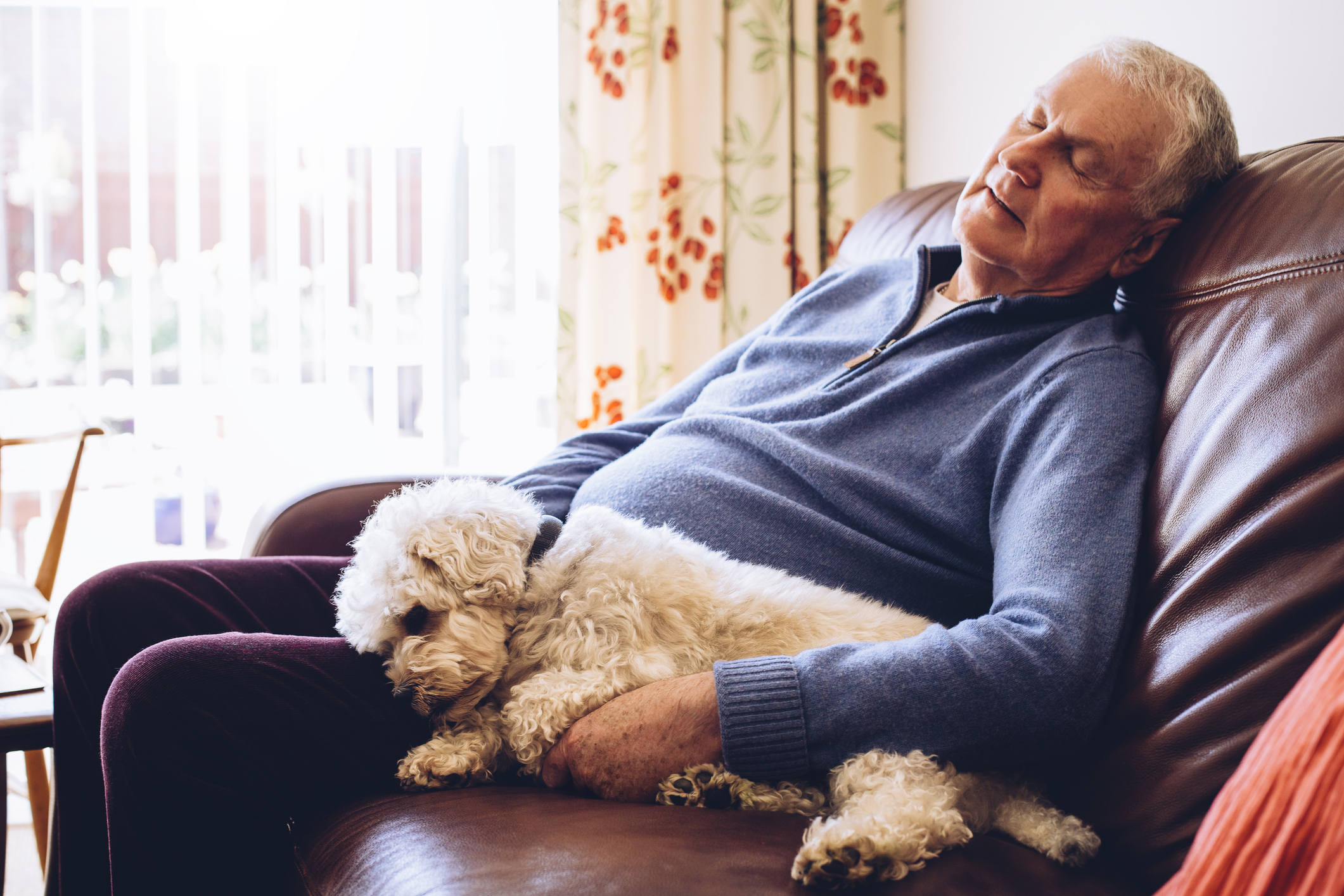Yes, There’s Help for Chronic Fatigue in Older Adults


Learn how to recognize and better manage chronic fatigue in older adults.
Some mornings, the snooze button is your best friend—offering a few extra precious moments of rest. But for many older adults, fatigue is more than just morning grogginess; it’s an all-encompassing exhaustion that seeps into every part of their day. As one chronic fatigue sufferer vividly described, “I feel like my battery is permanently drained. It’s as if I’m a dish rag that’s been wrung out and left with nothing to give.”
Chronic fatigue in older adults is far more prevalent than many realize. Research conducted by Dr. Kurt Kroenke at the Regenstrief Institute revealed that over half (55%) of older adults studied reported experiencing persistent fatigue. This staggering statistic surpassed complaints of chronic back pain and shortness of breath, underscoring the widespread impact of fatigue in this population.
What Triggers Fatigue in Older Adults?
Fatigue is often a signal from the body that something isn’t right. It can stem from a variety of causes, such as:
- Thyroid issues: Hypothyroidism or hyperthyroidism can disrupt energy levels.
- Infections and medical conditions: Illnesses like urinary tract infections, Parkinson’s, or heart disease may lead to fatigue.
- Anemia: A lack of iron in the blood reduces oxygen delivery, resulting in exhaustion.
- Mental health concerns: Anxiety or depression frequently accompanies fatigue in older adults.
- Medication side effects: Common prescriptions may cause drowsiness or lethargy.
- Hormonal imbalances: Low testosterone or electrolyte disruptions can impact energy.
- Poor nutrition: A diet lacking in essential nutrients deprives the body of its fuel.
- Long COVID: Post-viral fatigue is an emerging concern, particularly for older adults recovering from COVID-19.
If someone in your family is constantly battling fatigue, even after a full night’s sleep, it’s time to schedule a doctor’s visit to explore the root cause.
Tackling Fatigue in Seniors
While medical treatment is key to addressing the underlying issue, there are also effective lifestyle changes that can make a big difference.
- Follow medical advice: Work with the doctor to address the specific cause of fatigue. This might involve medication adjustments, dietary changes, or additional testing.
- Stay physically active: Gentle, low-impact exercises like walking, yoga, or tai chi can help boost energy levels. Gradual progress is essential, and the activity should match the person’s ability.
- Time it right: Observe when the individual seems to have the most energy during the day and plan activities accordingly. Mornings are often best for many older adults.
- Set achievable goals: Start small and celebrate milestones, such as a short walk around the block or completing light stretching exercises.
- Enlist a companion: Exercising with a friend or caregiver makes the activity more enjoyable and helps provide motivation.
How Professional Home Care Can Help
Sometimes, older adults need extra support to get back on track. A caregiver from Hired Hands Homecare can provide the encouragement and companionship needed to engage in doctor-approved activities. Together, we can help increase stamina, boost confidence, and restore vitality.
If fatigue is making life harder for someone you care about, we’re here to help. Contact Hired Hands Homecare at (866) 940-4343 to learn more about our in-home care services in Novato, Santa Rosa, Napa, and throughout the Bay Area. Together, we’ll create a plan to help them rediscover their energy and zest for life.








Leave a Reply